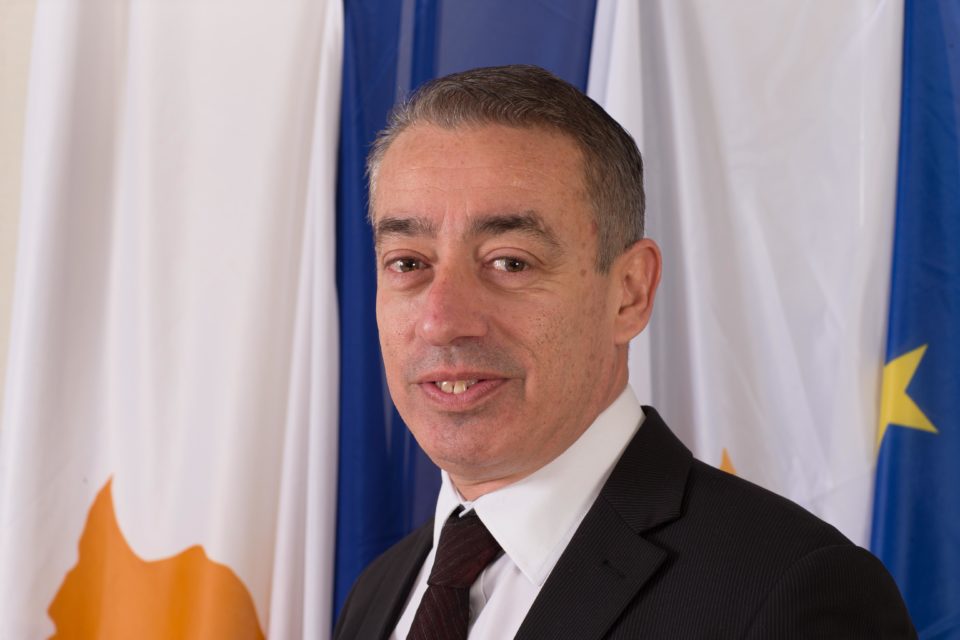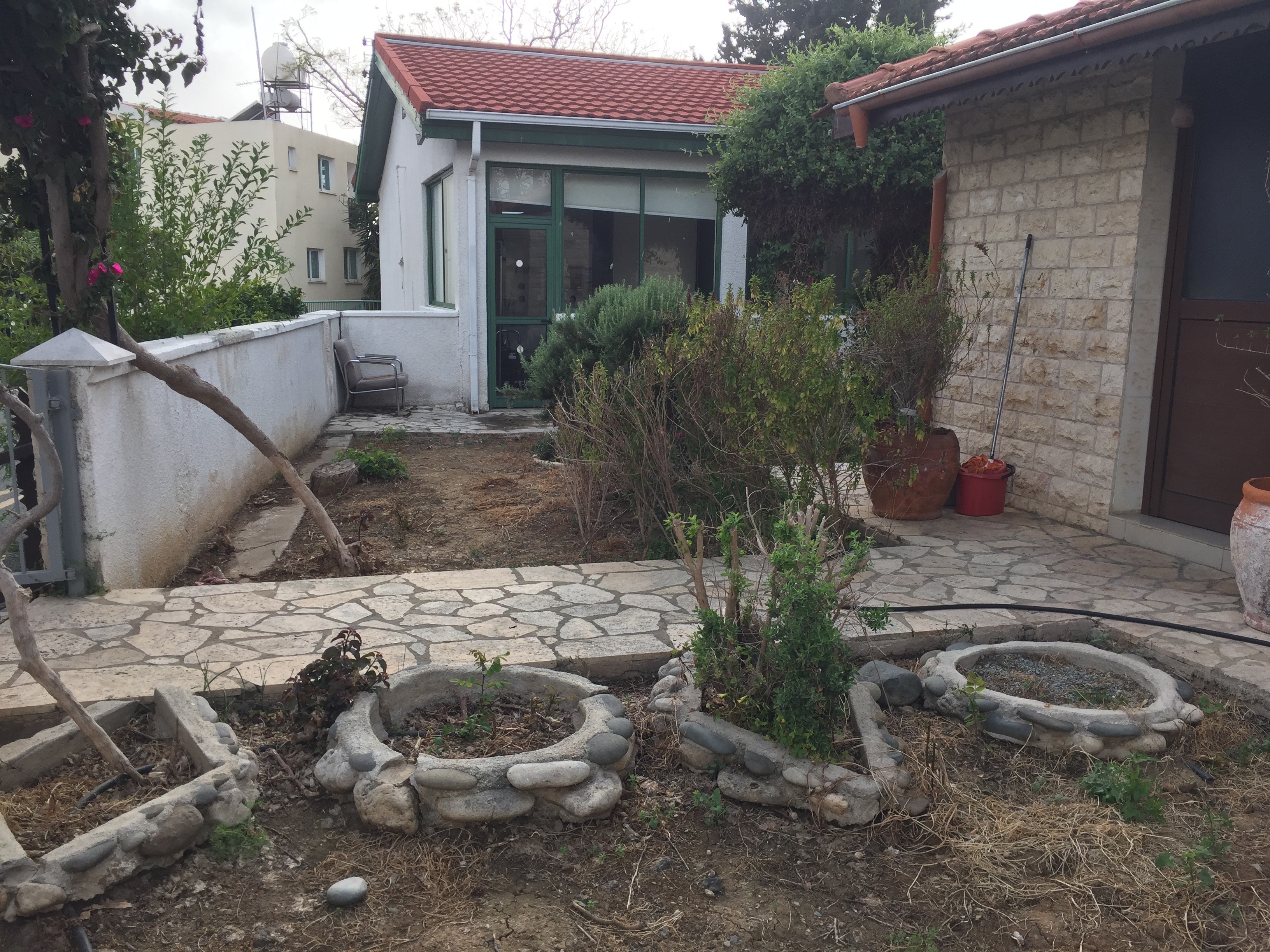State prosecutors on Thursday explained why a day earlier they decided to drop five of the eight charges they had filed against former volunteerism commissioner Yiannakis Yiannaki, arguing that it would not have made a difference in terms of the sentencing imposed on the defendant.
In the trial before Nicosia district court, prosecutors on Wednesday dropped five of the charges against the defendant, relating to the actual forgery of documents. Earlier, in April, Yiannaki had pled guilty to three charges relating to circulating forged documents and also his knowing at the time that these documents were fraudulent.
The admission of guilt for circulating forged documents – ostensibly from a Cypriot high school and an American university – had already ensured that Yiannaki would get a jail sentence.
He had submitted the documents when previously applying for a job with the Youth Board – a semi-governmental organisation.
Prior to being appointed volunteer commissioner, Yiannaki began his career at the Youth Board in June 1996 for a two-year term. He was made volunteerism commissioner in 2013 until his resignation when the doctored documents scandal broke.
The five charges which prosecutors dropped this week concerned forging a document and circulating a fraudulent letter of recommendation. A letter of recommendation is not considered an official document, so a guilty finding on this charge would have carried a maximum prison sentence of three years.
However, the forged documents he submitted to the Youth Board are considered official documents. Having admitted guilt to this, Yiannaki could theoretically face up to 10 years imprisonment. But because the trial was held before a district court, the court can only impose a maximum jail sentence of five years.
The attorney-general’s decision to file the case before a district court, rather than a criminal court, has been questioned by legal circles.
But a source from the attorney-general’s office, speaking anonymously to Politis, sought on Thursday to justify the decision to drop the five other charges – relating to the actual forging of the documents.
“The sentencing would have been the same,” the source explained.
“He [Yiannaki] would not have received a more severe sentence had he admitted to forging the documents himself. Merely using the fraudulent documents, which he admitted to, was sufficient to prosecute.”
In terms of the legal consequences for the defendant, the same source argued, dropping the five charges made no difference.
Given this, the source said, prosecutors decided that insisting on the five other charges would have dragged out the trial.
“Yiannaki did not plead guilty to the five other charges – which prosecutors stayed – so if we persisted on this, it would have the delayed the case more, without the benefit.”
The next hearing in the trial, set for August 29, will see Yiannaki’s lawyer enter a mitigation plea. On the same day, the court is expected to set a date for sentencing.







Click here to change your cookie preferences